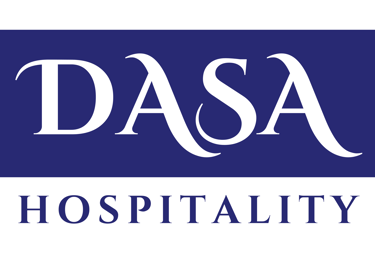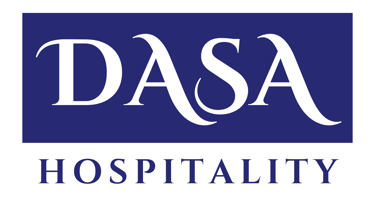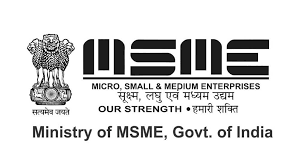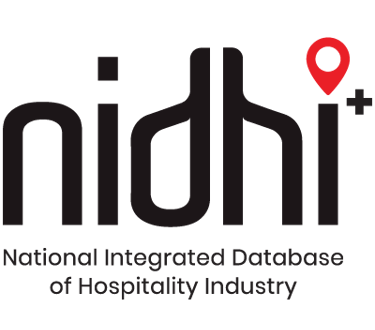The Future of Hotel Revenue Management in India – Trends to Watch in 2025


|The hospitality industry in India is one of the fastest-growing sectors, driven by rising domestic tourism, international arrivals, and an increasing preference for unique travel experiences. However, with this growth comes intense competition. Hotels, whether independent or chain-operated, must adopt smarter revenue management strategies to stay ahead in 2025 and beyond.
At the core of this transformation lies Hotel Revenue Management – the art and science of selling the right room, to the right guest, at the right time, for the right price. In today’s dynamic market, this is no longer just about adjusting rates; it’s about using technology, data, and smart partnerships to maximize profitability.
1. Data-Driven Decision Making is the Future
Revenue managers can no longer rely on intuition or outdated spreadsheets. Today, data analytics drives every decision. By analyzing past bookings, market demand, competitor pricing, and traveler behavior, hotels can create accurate forecasts and set competitive rates.
Indian hotels are increasingly adopting business intelligence tools that track:
Occupancy patterns
Peak travel dates
Guest booking windows
Competitor pricing strategies
This shift ensures hotels remain agile in their pricing and distribution approach.
2. Role of OTAs and Direct Booking Strategies
Online Travel Agencies (OTAs) such as Booking.com, Agoda and MakeMyTrip remain crucial distribution partners. They provide reach, visibility and customer trust. However, high commissions mean hotels cannot rely solely on OTAs.
The smart approach in 2025 will be balancing OTA partnerships with strong direct booking strategies. Direct channels – like a hotel’s website or social media – ensure:
Lower commission costs
Stronger brand recall
Repeat guest loyalty
Revenue managers will need to optimize both, ensuring rate parity across channels while promoting exclusive perks for direct bookings.
3. Dynamic Pricing Will Dominate
Gone are the days of static room rates. Guests expect flexibility and hotels must respond with dynamic pricing models.
Factors influencing real-time pricing include:
Seasonal demand
Local events (weddings, festivals, concerts)
Competitor availability
Last-minute cancellations
With automation and AI tools, hotels can now adjust prices multiple times a day to capture maximum revenue.
4. The Rise of Automation & AI
Artificial Intelligence is revolutionizing hotel operations, especially revenue management. From chatbots handling guest queries to algorithms suggesting optimal rates, AI ensures hotels are faster, smarter and more accurate.
Benefits of automation include:
Real-time rate adjustments
Inventory management across OTAs
Personalized offers to repeat guests
Reduced human error
For hotels in India, adopting AI is no longer a luxury but a necessity.
5. Outsourcing Revenue Management is Gaining Popularity
Not every hotel can afford an in-house team of revenue managers. This is where outsourcing partners like DASA Hospitality Pvt. Ltd. play a key role.
By hiring experts with years of experience and strong OTA relationships, hotels benefit from:
Professional revenue management without hiring costs
Access to advanced tools and industry insights
Increased profitability within months
Outsourcing also allows hotel owners to focus on operations and guest experience, while professionals handle complex pricing and distribution tasks.
6. Personalized Guest Experiences = Higher Revenue
Revenue management is not only about numbers but also about understanding guests. Offering personalized packages, loyalty rewards, or curated experiences increases bookings and enhances guest satisfaction.
For example:
Business travelers may value free Wi-Fi and flexible check-in.
Families may respond to bundled packages with meals and activities.
Luxury travelers may book higher room categories with exclusive add-ons.
Hotels that invest in personalization strategies see higher conversion rates and long-term guest loyalty.
7. Sustainability as a Revenue Driver
Modern travelers, especially millennials and Gen Z, prefer staying at eco-conscious properties. Integrating sustainability into revenue strategies – like promoting eco-friendly rooms or local sourcing – not only attracts more guests but also allows hotels to command premium rates.
Conclusion: Staying Ahead in the Competitive Market
The future of hotel revenue management in India is about being agile, tech-savvy, and guest-focused. By combining data-driven strategies, smart OTA partnerships, dynamic pricing, AI adoption and outsourcing expertise, hotels can maximize their profits in 2025 and beyond.
At DASA Hospitality Pvt. Ltd., we specialize in helping hotels achieve this transformation. With over a decade of expertise in revenue management, marketing, and online distribution, we ensure your property achieves its full potential.
Ready to increase your hotel revenue? Contact DASA Hospitality today!




